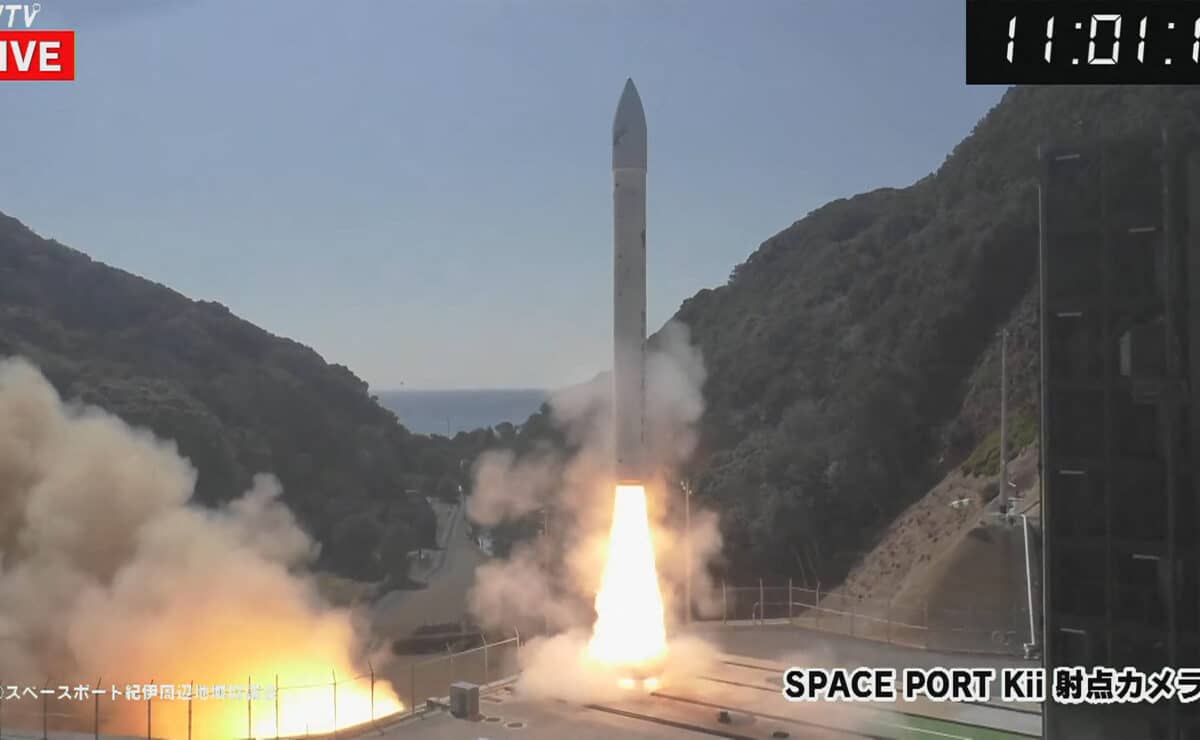Japan space firm makes 2nd attempt at orbit

TOKYO, Japan — A company aiming to become Japan’s first private firm to put a satellite in orbit will attempt a rocket launch on Saturday after its first try ended in a mid-air explosion.
Tokyo-based Space One’s Kairos rocket will make its second blastoff from the company’s launch pad in the rural western region of Wakayama.
If successful, it would represent a coup for the company’s bid to establish a satellite-launching service amid a rapidly expanding global market for such ventures.
Private firms are offering cheaper and more frequent space exploration opportunities than governments, and Space One hopes to emulate Elon Musk’s SpaceX, which has contracts with NASA and the Pentagon.
But first, it needs to get off the ground.
READ: Hard landing: Japan firm fails in historic Moon bid
The solid-fuel Kairos, carrying a small government test satellite, lifted off for the first time in March from the Space One launch pad, dubbed Spaceport Kii.
But seconds later, technical problems were detected and a self-destruct order was sent to the 18-metre (60-foot) rocket.
It erupted in flames, sending white smoke billowing around the remote mountainous area.
Hundreds of spectators, gathered at public viewing areas including a nearby waterfront, witnessed the dramatic scene.
Saturday’s second launch attempt is scheduled for 11 a.m. (0200 GMT).
This time, the rocket will carry five satellites, including one from the Taiwan Space Agency and others designed by Japanese students and corporate ventures.
READ: Japan tests space junk laser
Space One was founded in 2018 by major businesses including Canon Electronics, IHI Aerospace, construction firm Shimizu, and the government-run Development Bank of Japan.
The company is hoping to establish itself in a competitive international field by launching small rockets, quickly, for businesses seeking to put satellites into space.
The Japan Aerospace Exploration Agency (JAXA) is also on a mission to become a major player for satellite launches.
JAXA’s next-generation H3 launch system had experienced multiple failed take-off attempts before a successful blast-off in February.
Also this year, Japan landed an unmanned probe on the Moon – albeit at a crooked angle – making it just the fifth country to achieve a soft landing on the lunar surface.
But JAXA had to delay the launch of a compact, solid-fuel Epsilon S rocket after a recent engine test resulted in a large fire.